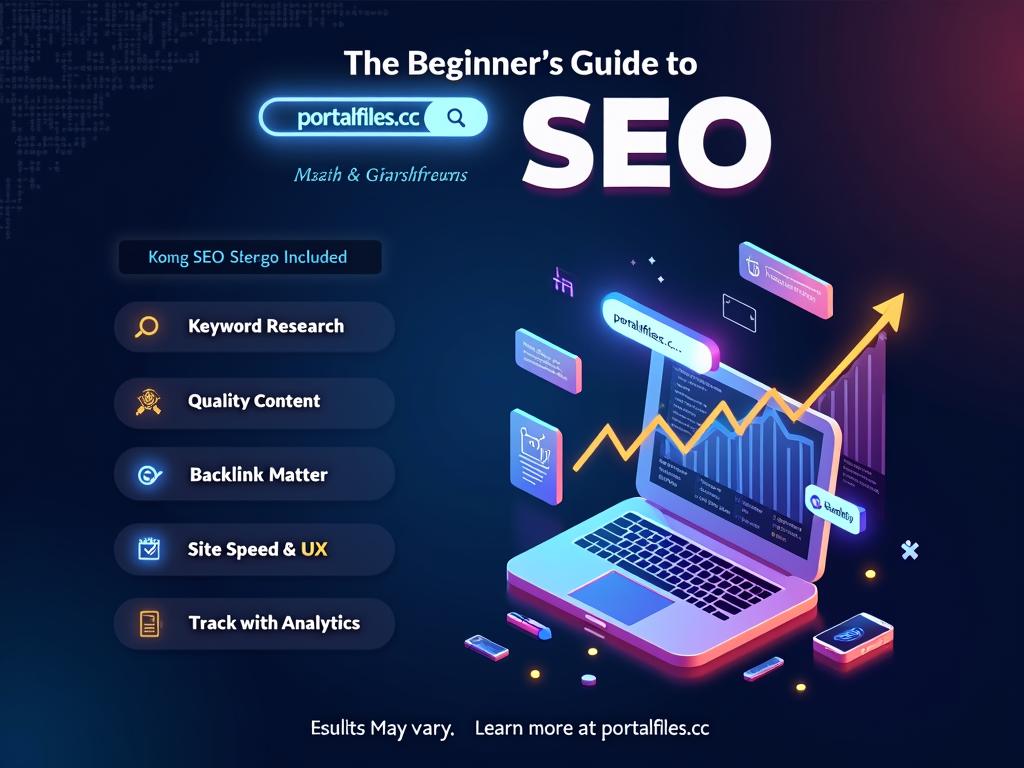The Complete SEO Guide for Beginners

What is SEO?
Search engine optimization (SEO) is the practice of improving your website to increase its visibility in search engine results, aiming to drive more organic (non-paid) traffic. It originated in the 90s and today plays a critical role in digital marketing strategy.
SEO focuses solely on organic search, not paid advertising (PPC), and is an essential part of search engine marketing (SEM). In simple terms, SEO is everything you do to convince Google that your website is trustworthy and should rank higher in search results.
Note: Since Google dominates the search engine market, SEO is often synonymous with Google optimization.
SEO in a Nutshell
To understand SEO, imagine it as a bowl of soup:
- Technical SEO — The bowl: foundational aspects like speed, structure, mobile-friendliness
- Content — The soup itself: valuable, high-quality, informative content
- Backlinks — The seasoning: links from other websites that boost your site’s authority
Important SEO Terms
You'll come across two major categorizations:
- On-page SEO vs Off-page SEO
- White hat SEO vs Black hat SEO
On-page SEO
These are tasks done directly on your website:
- Keyword research
- Optimizing titles, meta descriptions
- Content formatting and performance improvements
- Internal linking
Off-page SEO
Activities outside your site, mainly link building:
- Guest blogging
- Email outreach
- Broken link building
- Social media & branding impact
White Hat vs Black Hat SEO
White Hat SEO refers to ethical SEO methods that follow Google’s guidelines. These techniques are long-term and sustainable.
Black Hat SEO involves spammy tactics that may boost rankings quickly but risk heavy penalties from search engines.
Frequently Asked Questions
Can I do SEO myself?
Yes! While SEO can be complex, you can implement many tactics on your own with patience and consistent learning.
How can I learn SEO?
- Study trusted online resources
- Practice and experiment
- Be patient—it’s a long-term journey
How long does SEO take to learn?
Learning the basics takes a few weeks. Mastery can take months or years, depending on your dedication and experience.
Do I need SEO tools?
Yes. Tools help you analyze and improve your SEO performance efficiently. Must-have tools include:
- Google Search Console
- Google Analytics
- KWFinder (for keyword research)
- LinkMiner (for backlinks)
- SERPWatcher (for tracking ranks)
Is SEO dead?
Not at all. While old spammy tactics no longer work, modern SEO—focused on quality and user experience—is more alive than ever.
Conclusion
SEO is crucial for anyone with an online presence. Start with the basics, follow ethical strategies, and you’ll see growth over time. Remember, SEO is a marathon, not a sprint.